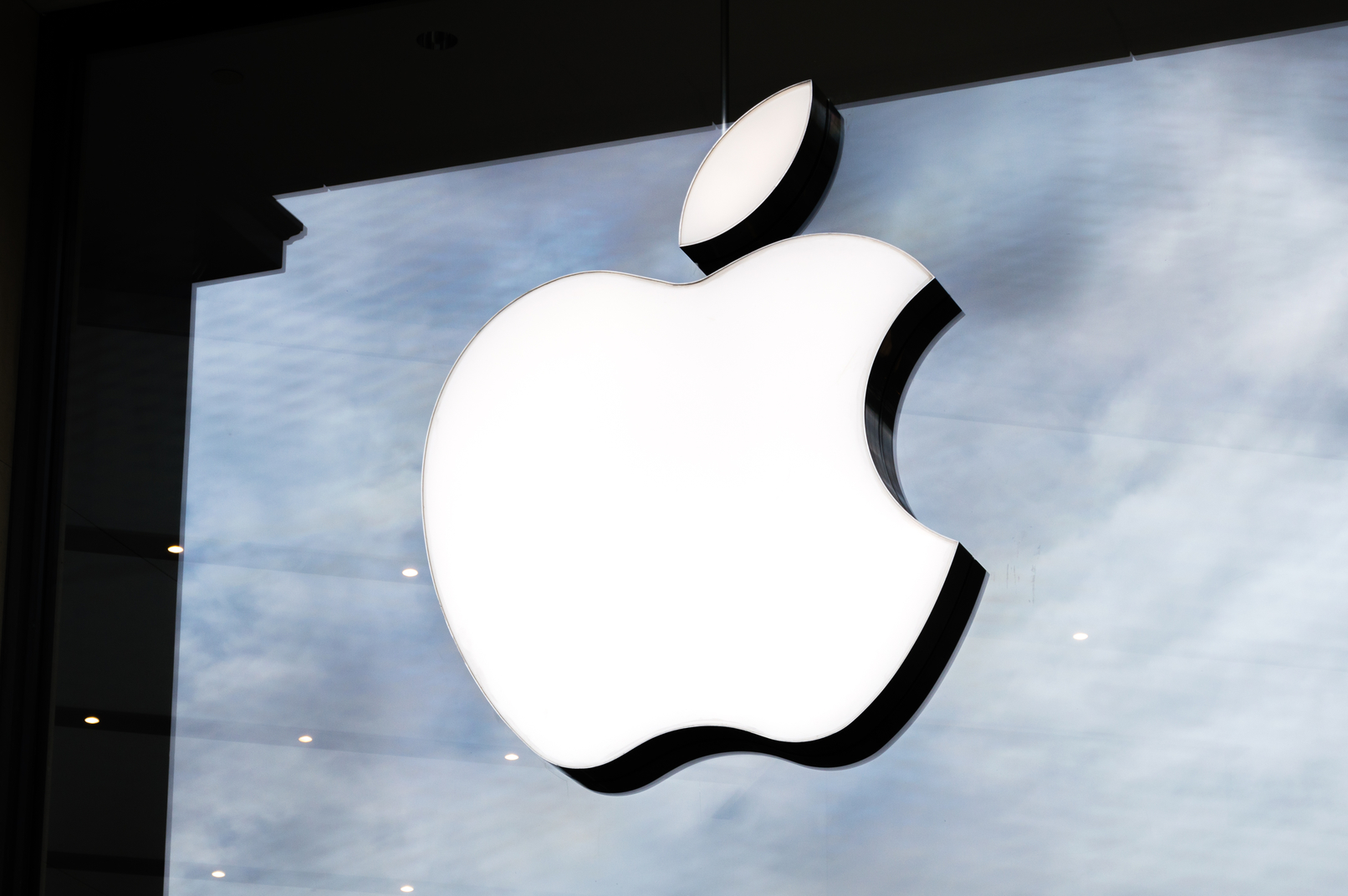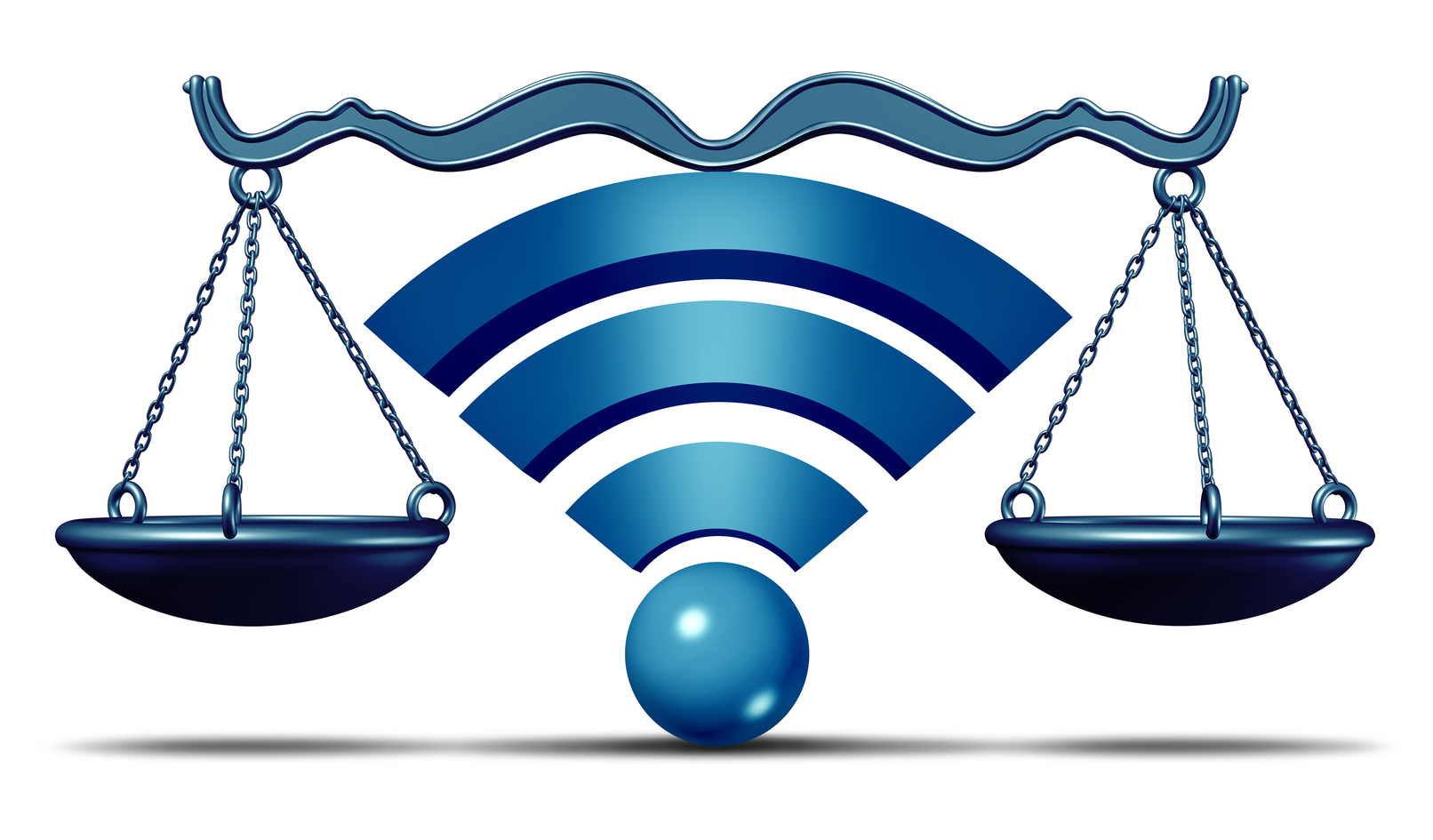In the aftermath of a March 2019 Capital One data breach that reportedly compromised the data of over 100 million Capital One customers and credit card applicants, plaintiffs are suing not only the credit card company but also the software development platform where the alleged perpetrator posted information about the breach. The hack is said to have exposed the social security numbers, bank account numbers, and credit card applications of millions of people in the US and Canada.
Articles Tagged with consumer protection
Recent investigations have revealed that telecommunications companies have sold the real-time location data of their customers without the informed consent of the customers. In other situations, AT&T, T-Mobile, Verizon, and Sprint simply have allowed third parties to access the data, rather than actively selling it to them. As a result, a group of parties include…
New Jersey has become just the second state in the U.S. to prohibit retail stores and restaurants from refusing to accept cash. The law targets stores that accept payments only by credit cards or through an app.
Sprint, a competitor of AT&T, has filed a lawsuit in federal court to attack the use of 5G Evolution branding by AT&T. It argues that this phrase and the 5GE tag associated with it are misleading because these phones and networks do not use 5G technology. Sprint is asking the court for an injunction against AT&T to stop it from using 5GE tags.
On January 2, Penny Manzi and her husband, Jerry Manzi, filed a lawsuit against Apple in a U.S. District Court in Chicago. The lawsuit alleges that the MagSafe power adapter manufactured by the tech giant caused serious burns by setting fire to Ms. Manzi’s head. Ms. Manzi claims that she was using…
The Data Protection Commissioner of Ireland released a report last week that discussed an investigation into a complaint against the social media network LinkedIn, owned by Microsoft. In the investigation, the Data Protection Commission found that LinkedIn U.S. had collected the email addresses of 18 million people who were not users of the network.…
California and the federal government have reached an agreement whereby the state will halt plans to implement its new net neutrality law on January 1, and the Department of Justice will withdraw its motions seeking to block implementation until the conclusion of ongoing litigation regarding state net neutrality rules.
State politicians believe that the chemicals may harm the coral reefs and marine ecosystems in Hawaii, a critical part of the state's economy. However, corporations and doctors have questioned the law's impact on consumer health.
Last Thursday California Governor Jerry Brown signed into law the California Consumer Privacy Act of 2018 (CCPA), granting California consumers the right to request that businesses disclose the categories and specific pieces of personal information that they collect about the consumer, the categories of sources from which that information is collected, the business purposes for collecting or selling the information, and the categories of 3rd parties with which the information is shared. The law, which goes into effect January 1, 2020, also authorizes California consumers to opt out of the sale of personal information by a business and will prohibit the business from discriminating against the consumer for exercising this right, including by charging the consumer who opts out a different price or providing the consumer a different quality of goods or services, except if the difference is reasonably related to value provided by the consumer’s data. Moreover, the CCPA makes it more difficult for businesses to sell personal information for consumers less than 16 years of age.
The Ninth Circuit denied AT&T's motion to dismiss an action brought by the FTC to hold the communications company accountable for allegedly "throttling" consumer data. This practice may have affected 3.5 million consumers on 25 million different occasions.










